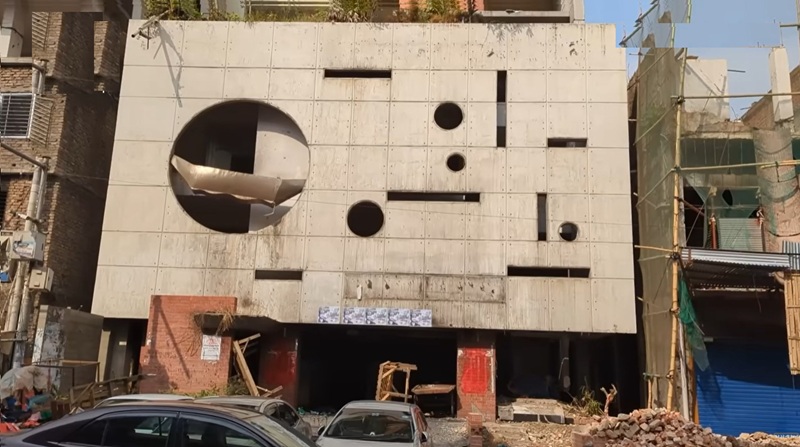Awami League, ousted in a dramatic July uprising, is now quietly conducting its political activities from a discreet office space in Kolkata.
Away from public view and without any party symbols, the rented flat has become the nerve center of the exiled leadership, as the party attempts to reorganize and coordinate its strategy from across the border.
According to multiple sources and confirmed by a BBC Bangla report, the exiled leadership has rented a flat in a commercial complex on the outskirts of Kolkata, transforming it into a makeshift “party office” where meetings are held and virtual coordination takes place.
The flat, located on the eighth floor of the building, has become a daily meeting point for key figures, although no signage, photographs, or symbols indicate its political purpose to outsiders, the report said.
Initially operating from hotels and temporary residences, the exiled leaders—many of whom are former ministers, MPs, and top members of affiliated organizations—shifted to a more stable location in recent weeks to coordinate political strategies.
Nearly a hundred former lawmakers and local-level Awami League leaders are believed to be currently residing in Kolkata and surrounding areas.
Though Awami League President Sheikh Hasina is reportedly based in the Delhi region, a significant portion of the party’s operational leadership is in Kolkata.
A high-level meeting was reported held in Delhi on July 31 between Hasina and senior leaders, after which daily political activities have been run via encrypted messaging platforms like WhatsApp and Telegram.
The covert nature of the Kolkata operations suggests a tacit understanding with Indian authorities. Analysts say such activities would not be possible without at least passive acknowledgment from India’s Ministry of Home Affairs. It is widely believed that Indian intelligence agencies are aware of the situation.
“This is about political survival,” said former MP Pankaj Debnath, defending the decision to flee. “Staying in Bangladesh meant risking jail or worse. From here, we can regroup and expose the failures of the interim government.”
Awami League leaders in exile have focused their rhetoric on criticizing Bangladesh’s interim administration, accusing it of economic mismanagement and undermining the judiciary. The party’s General Secretary, Obaidul Quader, recently stated that public support for the new government is “rapidly eroding,” and that “people are already reminiscing about Sheikh Hasina’s tenure.”
Despite their uncertain status, the exiled leaders are living modestly. With no formal income, they rely on savings and donations from supporters both inside and outside Bangladesh. Many commutes by public transport or shared taxis, a stark contrast to their previous lives of privilege and security.
Asked how long they expect to remain in India, Quader responded: “In politics, you don’t set a timeline for a struggle. But one thing is clear—we won’t stop.”


